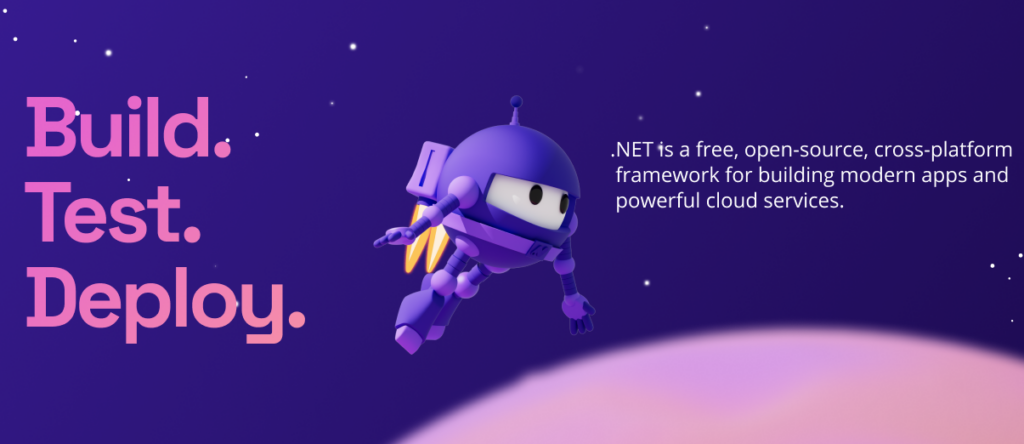


Announcing .NET Core 2.2

Announcing .NET Framework 4.8 Early Access build 3694

Understanding the Whys, Whats, and Whens of ValueTask

Troubleshooting ASP.NET Core Performance Problems

Improve website performance by optimizing images

RyuJIT Just-in-Time Compiler Optimization Enhancements

Profile-guided optimization in .NET Core 2.0

Performance Improvements in RyuJIT in .NET Core and .NET Framework


 Light
Light Dark
Dark